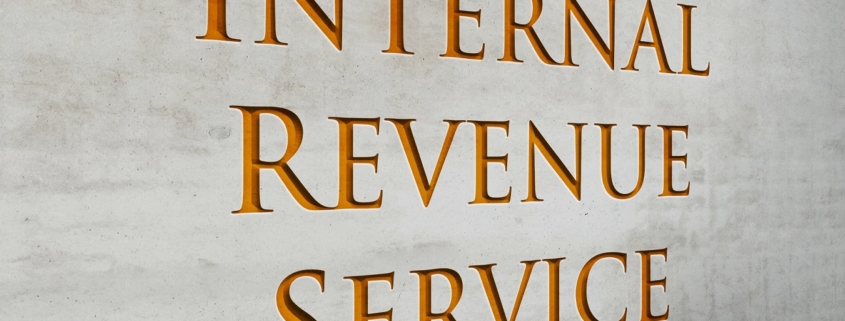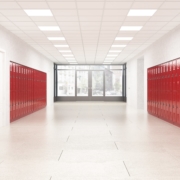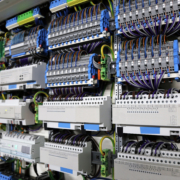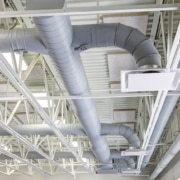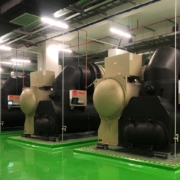What is the new Form 7205?
There’s an important paperwork change for filing the Section 179D Energy Efficient Commercial Building Deduction. On Jan. 11, 2023, the IRS published the new Form 7205 for taxpayers interested in claiming this deduction.
What is the new Form 7205?
The new form provides taxpayers with a new place to calculate, document, and claim the §179D deduction. This deduction for energy-efficient commercial building projects (EECBP) remains available to qualifying commercial building owners, engineers, and architects, along with those professionals who provide these services to government agencies and other tax-exempt entities.
Before using this form became an IRS requirement, taxpayers listed the §179D deduction under the “Other Deductions” section without including additional information when filing their tax forms. While “Other Deductions” remains the correct line for noting the amount on the tax return, a completed Form 7025 must now be attached.
This new form provides the IRS with specific information regarding the deduction, including:
- How the taxpayer has calculated and claimed the deduction under §179D
- How the taxpayer claims the deduction – as a designer or building owner
- Information on the person who has performed the building certification
- Information on the person completing the allocation
Who needs to use Form 7205?
According to the IRS instructions for Form 7205, any individual or business entity qualifying for the EECBP placed in service during the tax year must file the form as part of the deduction claim. While the form is new, the existing deduction qualifiers remain for this allocation. Form 7205 requires filers to select from two check-box options, either as a building owner or as the EECBP designer. Properties owned by the government or certain non-profit entities can allocate this deduction to the qualifying primary property designer(s).
Walker Reid has written a series of blog posts on the IRS case studies that help clarify the qualifying definition of a designer in relation to the §179D deduction. Still, the form requires all of the following to be true prior to checking the “designer” box:
- The taxpayer is the person or firm primarily responsible for designing the EECBP
- The taxpayer or firm created the technical specifications for the installation of the EECBP within a government-owned building
- The government building owner has provided a written statement that allocates the deduction to you or your firm.
Under the IRS definition of designer, Individuals or firms who install, repair or maintain properties are only considered designers if they provide the design services described above.
What properties qualify as an EECBP?
The IRS also has specific criteria for property to qualify as EECBP. First, the property must be depreciable and constructed in the United States to the scope of Reference Standard 90. The energy efficiencies must be installed as part of the interior lighting systems, heating, cooling, ventilation, and hot water systems, or the building envelope.
The design must also be certified as being installed as part of a plan designed to reduce the total annual energy and power costs with respect to the interior lighting systems, heating, cooling, ventilation, and hot water systems of the building by 50% or more in comparison to a reference building which meets the minimum requirements of Reference Standard 90.1.
As experts in the §179D deductions, Walker Reid can advise our clients on IRS compliance for this deduction. Failure to properly file Form 7025 or take an unqualified deduction can result in IRS penalties and tax repayment. At Walker Reid, we prioritize maximizing client incentives while strictly adhering to IRS requirements and definitions. If you have any questions or concerns about how to comply with this new IRS requirement, contact us today to schedule a call.
About the Author:
David Diaz is a partner at Walker Reid Strategies, a licensed professional engineering firm specializing in performing §179D studies and §45L certifications. Mr. Diaz is an expert in energy efficiency and specialty tax services who shares his insights at www.walkerreid.com and online through webinars. For more information, contact him at ddiaz@walkerreid.com.

